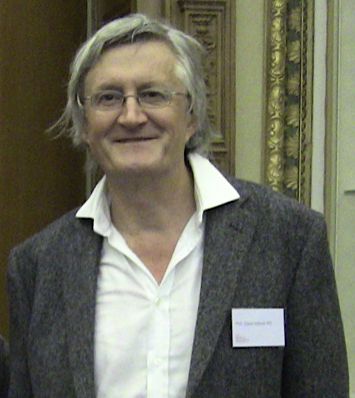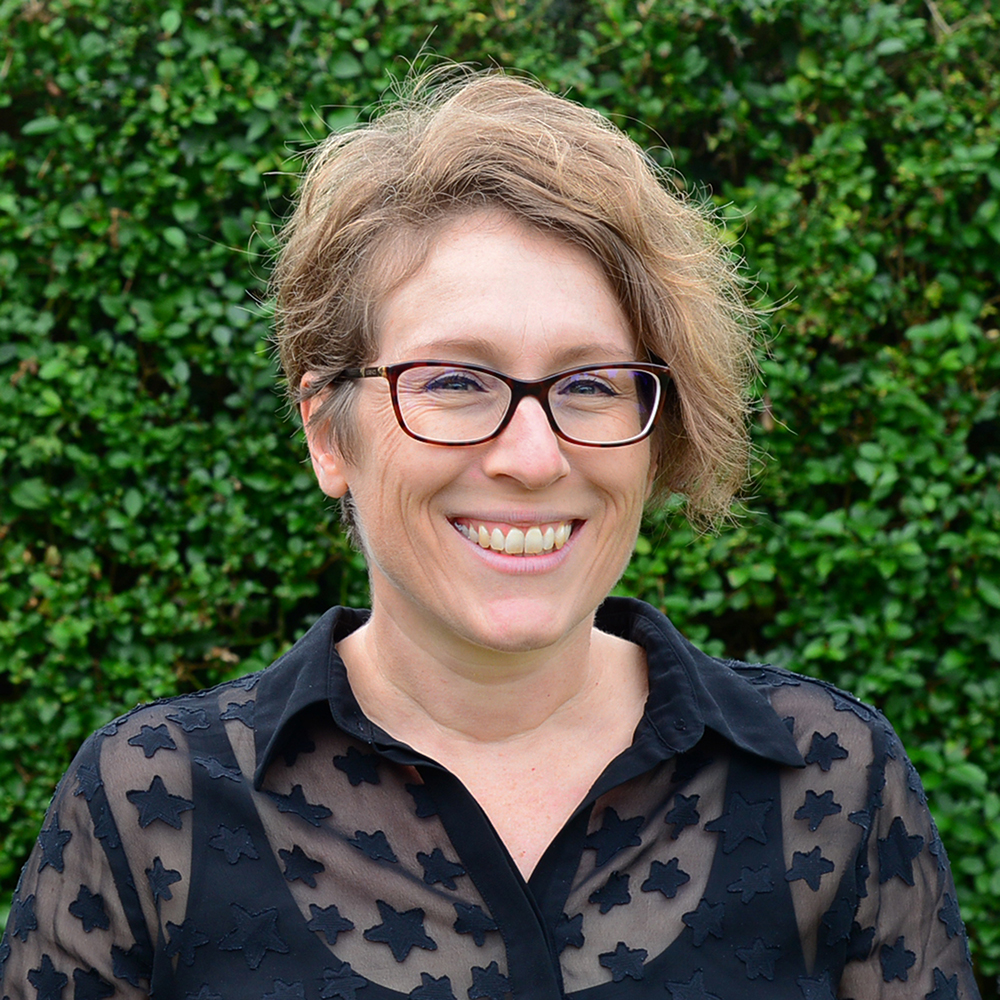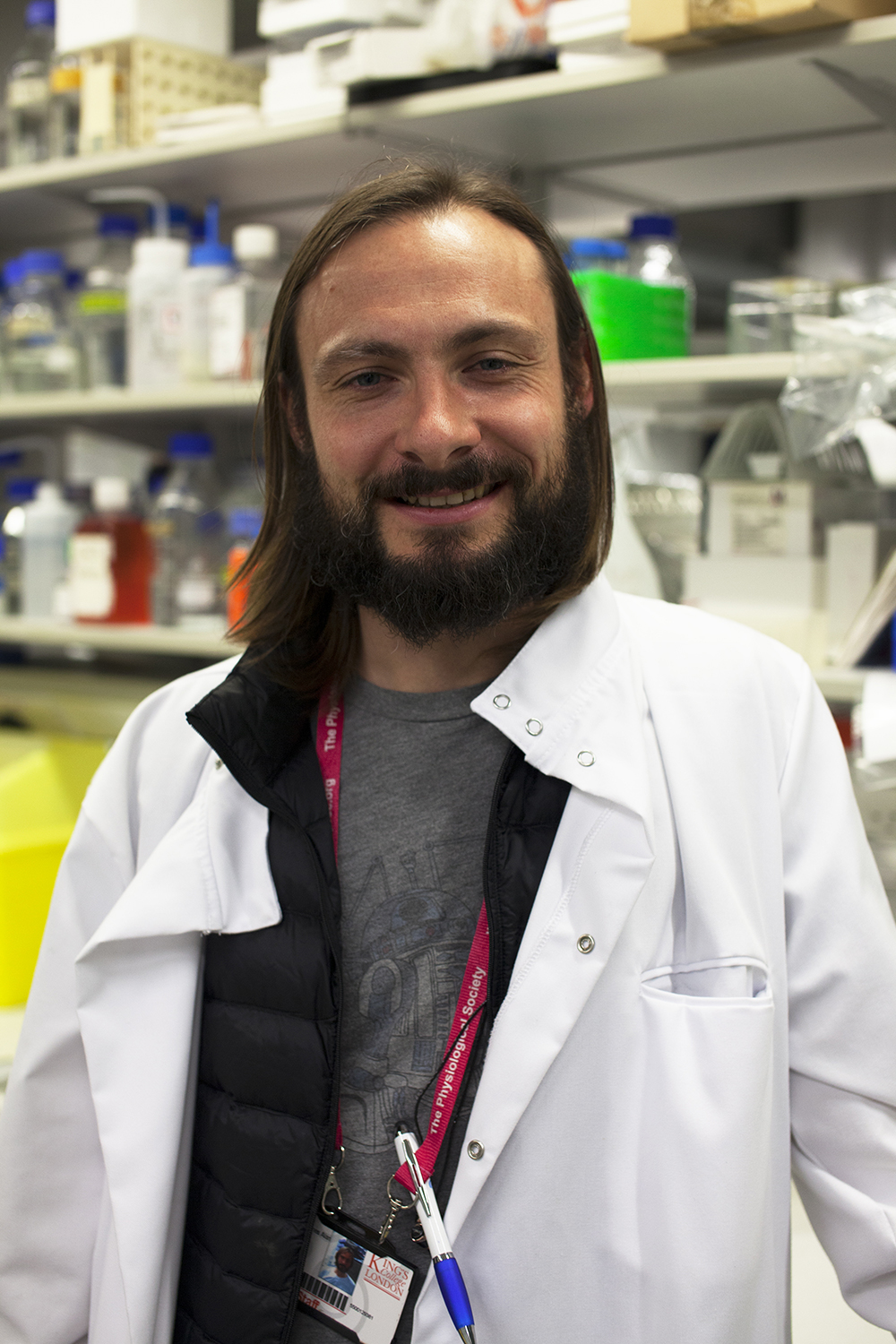The Physiological Society Council of Trustees recently appointed the esteemed physiologist David Atwell as the incoming President-elect. He will take office in November 2020.
In addition, The Society held an election for a new Chair of the Education, Public Engagement and Policy (EPEP) Committee and for the newly created Early Career Trustee position and welcomes Lucy Green as the Chair of EPEP and Daniel Brayson as the first Early Career Trustee. They also take office in November.
Please find below a short biography provided by each Trustee as well as a link to their University profile.

David Attwell, University College London, UK, incoming President-elect
David Attwell did a first degree in physics, a second degree in Physiological Sciences and a PhD on the electrophysiology of nerve and muscle cells (with Julian Jack) in Oxford, before spending 2 years as a post-doc in Berkeley studying the retina with Frank Werblin. On returning to the UK, he moved to the Department of Physiology at University College London, where he has remained ever since. He has worked on a wide range of subjects including the properties of glial cells, glutamate transporters, stroke, the formation of myelin by oligodendrocytes, how neuronal computation is powered, the control of cerebral blood flow and, most recently, Alzheimer’s disease. He has served on the committee of The Physiological Society and chaired the Wellcome Trust’s Neuroscience Panel. He was made a Fellow of the Royal Society in 2001.

Lucy Green, University of Southampton, UK, incoming Chair of the Education, Public Engagement and Policy (EPEP) Committee
Lucy Green is an Associate Professor in Developmental Physiology at The Institute of Developmental Sciences, University of Southampton. She was recently appointed (2020) as Faculty of Medicine Head of Engagement.
Lucy’s research career, undergraduate teaching, and public engagement with science work have centred on the physiology behind adaptations made in very early development to the environment of the mother, with lifelong implications for health. She is active in engaging a young public. They will benefit from an understanding of this health-related science now and as future parents, but are also the next generation of physiologists. In recent years she has led an engagement programme that gives A level students lab experiences, interactions with scientists and opportunities to get their voice heard at ‘Question Time’-style events on major health topics (see 2:33 min for highlights https://youtu.be/yC6cKszL39s). She has spoken about this engagement work nationally and internationally. She is a member of University engagement committees including for The Science and Engineering Day (part of British Science Week), Health and Wellbeing Hub (linking community to University) and Southampton’s City of Culture bid, and the Faculty Athena Swan committee. She was the 2018 British Science Association Media Fellow (at BBC Radio Science Unit). Internationally, she is on Council and the Advocacy sub-committee of the International Developmental Origins of Health and Disease Society. In 2019, she was awarded The Royal Society of Biology Senior Outreach and Engagement Award.
As a Member of The Physiological Society for 20 years, Lucy is now looking forward to supporting The Society in delivering its education, public engagement and policy plans for the diverse physiological interests of the membership.

Daniel Brayson, University College London, UK, incoming Early Career Trustee
Daniel is an integrative physiologist who has spent the majority of his career investigating heart physiology and pathology on the macro- and microscale, making important contributions to a number of fields including dilated cardiomyopathy and congenital heart disorders, as well as human physiology. His favourite organelle is the nucleus (specifically the nuclear envelope) and he wishes his fellow physiologists would pay more attention to it. As a highly active science communicator, he has presented at New Scientist Live, Pint of Science and the British Science Festival on a variety of scientific topics related to physiology. Finally, to de-stress he likes to ride bikes and play guitar.
